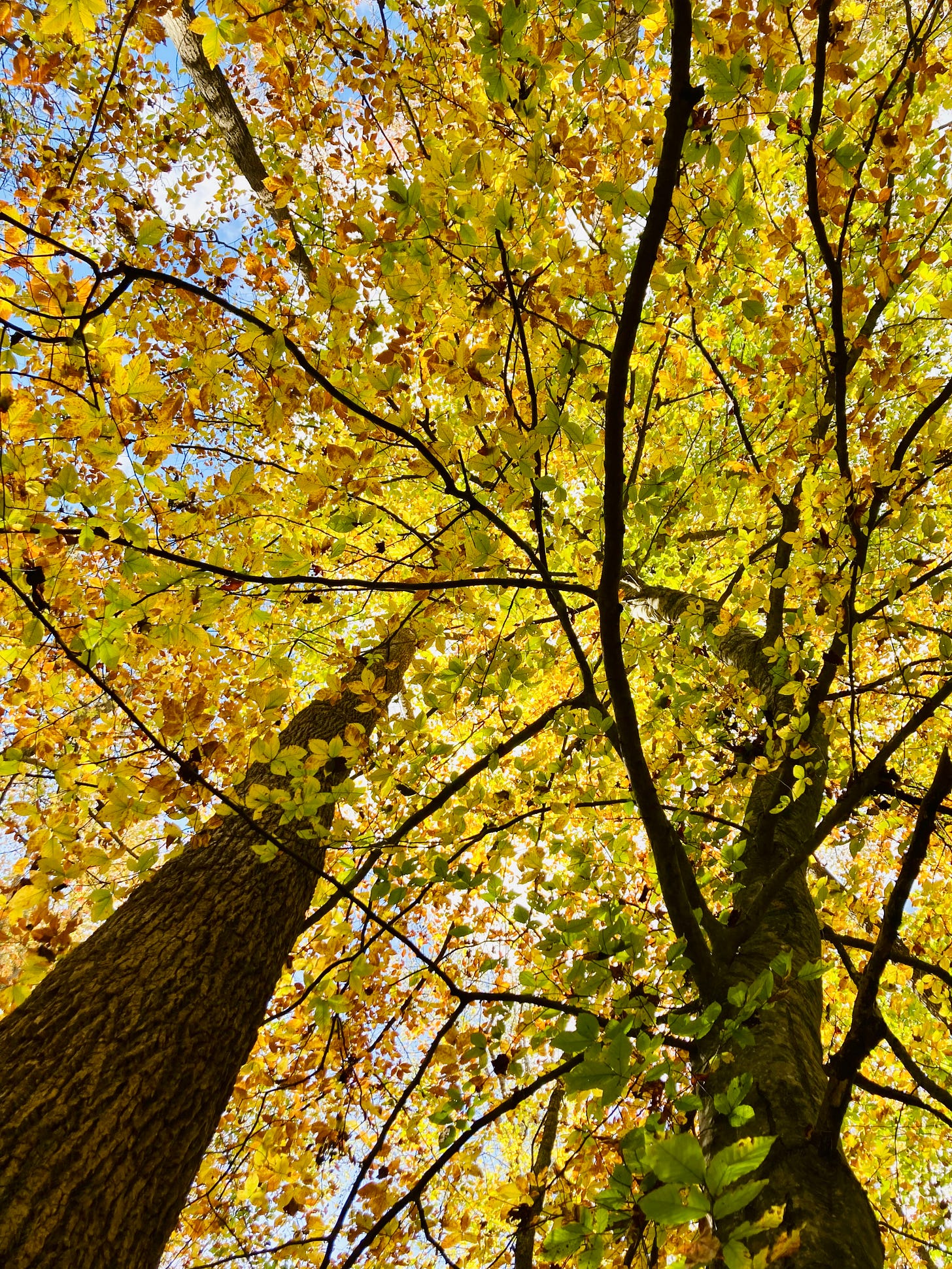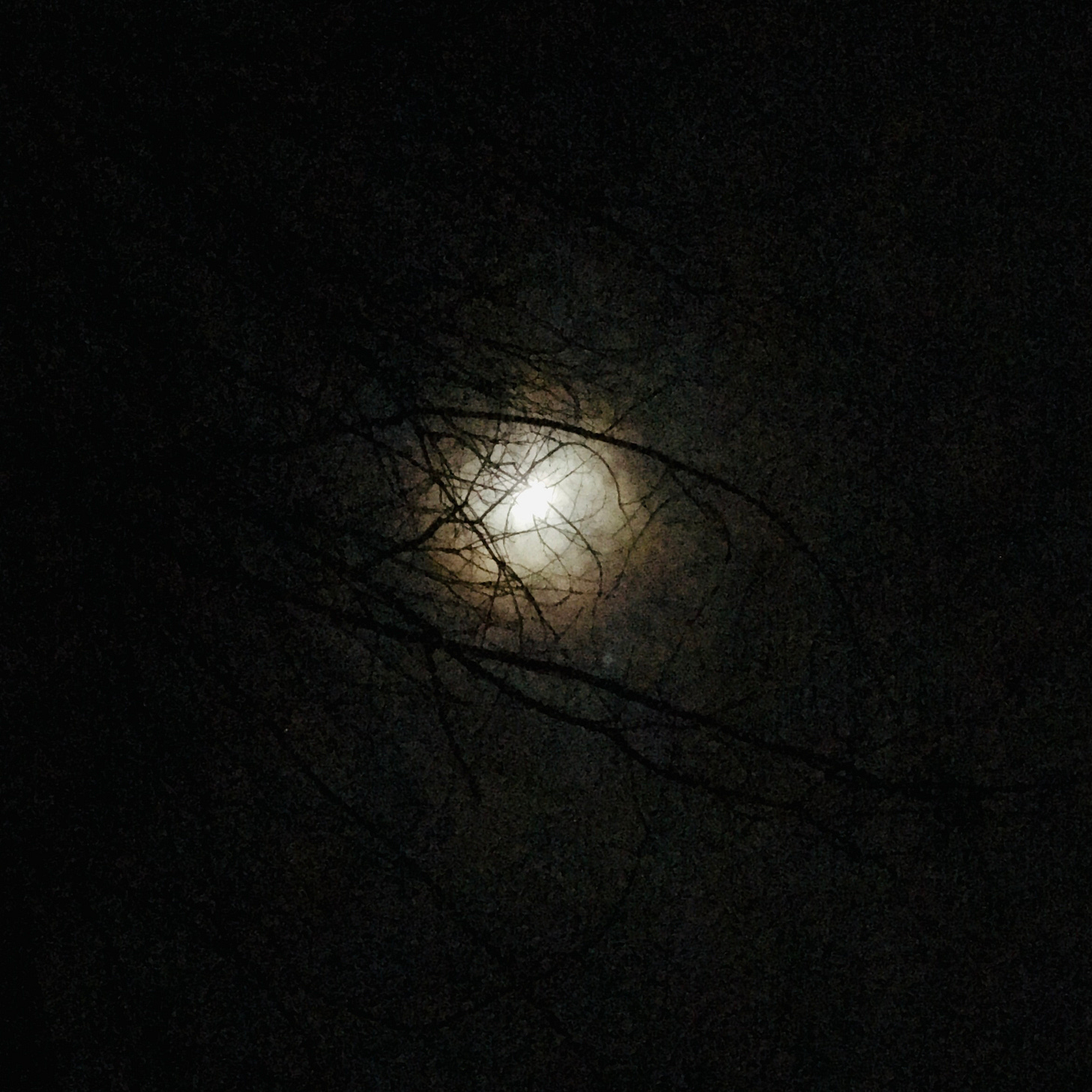The Memory Exchange
You might consider it unusual and old-fashioned to have a conversation composed almost entirely of poetry. And I guess it is, but Brian Funke and I have attempted to do this as we explored the theme of Memory together. For this project, we took turns writing and responding to each other’s work, over several months, in a free-form back and forth—organic and experimental—not planned in any way. We only tried to lean-in to the words on the page and listen to see what emerged.
Now, we’re excited to share these poems with you in a series of six newsletters to be released in pairs over the next few weeks. Your reading completes this circle of dialog, and we’re very grateful for it.
We hope you enjoy this exchange and join us in the comments.
Memory: Part 1 | Part 2 | Part 3 | Part 4 | Part 5 | Part 6
Dear One,
The mind is a mysterious and beautiful machine. Like a delicate centrifuge, it spins and concentrates our experiences, capturing the essence and letting the rest trickle away. What we keep are memories—joyous, tragic, and commonplace. Our minds save what matters to us, automatically. Unconsciously.
Memories are naturally poetic. They take the form of fragments filled with emotion and imagery. And these fragments are woven together into longer story poems that give shape to our narrative.
I like to think that each of us has a Library of the Mind, filled with thought-poems, where the stanzas and verses have no end. These great shelves contain the living, breathing scenes from our human lives, stretching backwards and forwards through time.
But time does not move in a straight line, does it? Time moves in a fluid way—it whirls into landscapes, always dissolving and re-forming. So too, memory is not linear. It spirals and twists and loops back on itself.
The Library of the Mind is written and re-written, over and over again, in the cannon of memory.
If thoughts speak in the language of poetry—fragments and verses barely sketched, endlessly revised—how can they change, yet somehow remain the same? I think it’s because memories, like poems you've read many times before, are refined each time you return to them. Over the course of years, memory becomes a shape-shifter, a morphling.
The mind observes life at the edges, on the borders between what was and what might still be. Are there truly such things as beginnings or endings? Even our childhood isn't a closed chapter. It’s a living story we continually tell ourselves.
She was one of those children
possessed by the desire
to have the world
just so.
—Ian McEwan
When Brian shared his vibrant memory in Bear Lake, he awakened my own childhood adventures. I was especially moved by this image in his poem:
Settling at the summit
of the highest peak [on earth]
he sat for a while to speak to Hallett,
[size eleven] feet pointed to the sky and
reclined into the [orange] pack still on his back,
his six years aged into sixty million
While I have forgotten most of my childhood games, one remains very much alive. I can still see David and me. We’re up in a big old tree pretending to be astronauts flying through space. Though the light from those summer days now fades like distant stars, they are still with me, charted in the constellations of my memory.
Decades removed, I feel their pull again.
Here’s the poem I wrote for this exchange:
ROCKET TREE The real world recedes among shadows and leaves, while Earth shrinks beneath our bare feet into distance far below. Memory is a poem that writes itself in one breath, on afternoons like this when light becomes substance and time melts like ice cream from summer's spoon. Our bodies grafted onto branches— strength flowing through trunk into sky, into wind, until we are whoever we say we are. Carried on pillars of fire, astronauts without maps through vastness, without compass to guide us through afternoons on the Moon. We are deaf to the cries of the day fading, telephones ringing and our moms calling us to supper. Please— a few minutes more! Let us soar through dimensions, pilots in a rocket-tree between Earth and sky, between then and now, when memory curves back like light through space and time. Do you remember how we learned to fly? I remember you.
My friend and I weren’t simply passing time by playing; we had left the ordinary world gloriously behind. It was an unspoken labor—one that required all the focus and passion we could muster.
Today, we call it being in the flow. Adults work hard to obtain this blessed state of focus. But for us backyard astronauts, it wasn’t about finding a flow state. It was just life unfolding outside on a green afternoon.
Nature is imagination itself.
—William Blake
When I think of that tree, of the private world we invented, I realize now, that what we made together was poetry—living, breathing poems filled with reality: images, conversations, birdsong, and the hum of a distant lawnmower. In their quiet power, memories become the anthology of our lives, continuously revised yet somehow preserving the essential truth of who we were and who we've become.
Do we comprise all the ages we’ve ever been?
And what of all the years we have yet to live? Are they part of us, too?
Today, David works for the Boeing Corporation.
And me . . .
I’m still a nurse
on a rocket
to the Moon.
Friend, thank you for flying with me today. I hope this may have sparked a few warm memory-poems from your childhood. Did you have a particular pretend game, or a special friend, who caused you to leave this world behind sometimes?
Feel free to share in the comments! I would love to hear your stories . . .
xo Ann
Parts 3 & 4 will be published next week . . .







My friend, after almost 60 years I see his face, hear his voice, feel his presence but his name is just beyond my memory. Together, every school day the playground would become a place of exploration, battles against aliens, desperate escape, inevitable triumph as we soared through space. Playtimes were never long enough for us, 10 year old heroes whose return to earth meant times tables and spelling tests.
I'm not sure if I've ever felt again so in tune with someone else's imagination, we lived our creation and it was as real as the bicycle racks and painted football lines that framed our shared, unique, world.
These words are stunning: “When I think of that tree, of the private world we invented, I realize now, that what we made together was poetry—living, breathing poems filled with reality: images, conversations, birdsong, and the hum of a distant lawnmower. In their quiet power, memories become the anthology of our lives, continuously revised yet somehow preserving the essential truth of who we were and who we've become.”
What an amazing collaboration, Ann! Very, very inspiring!